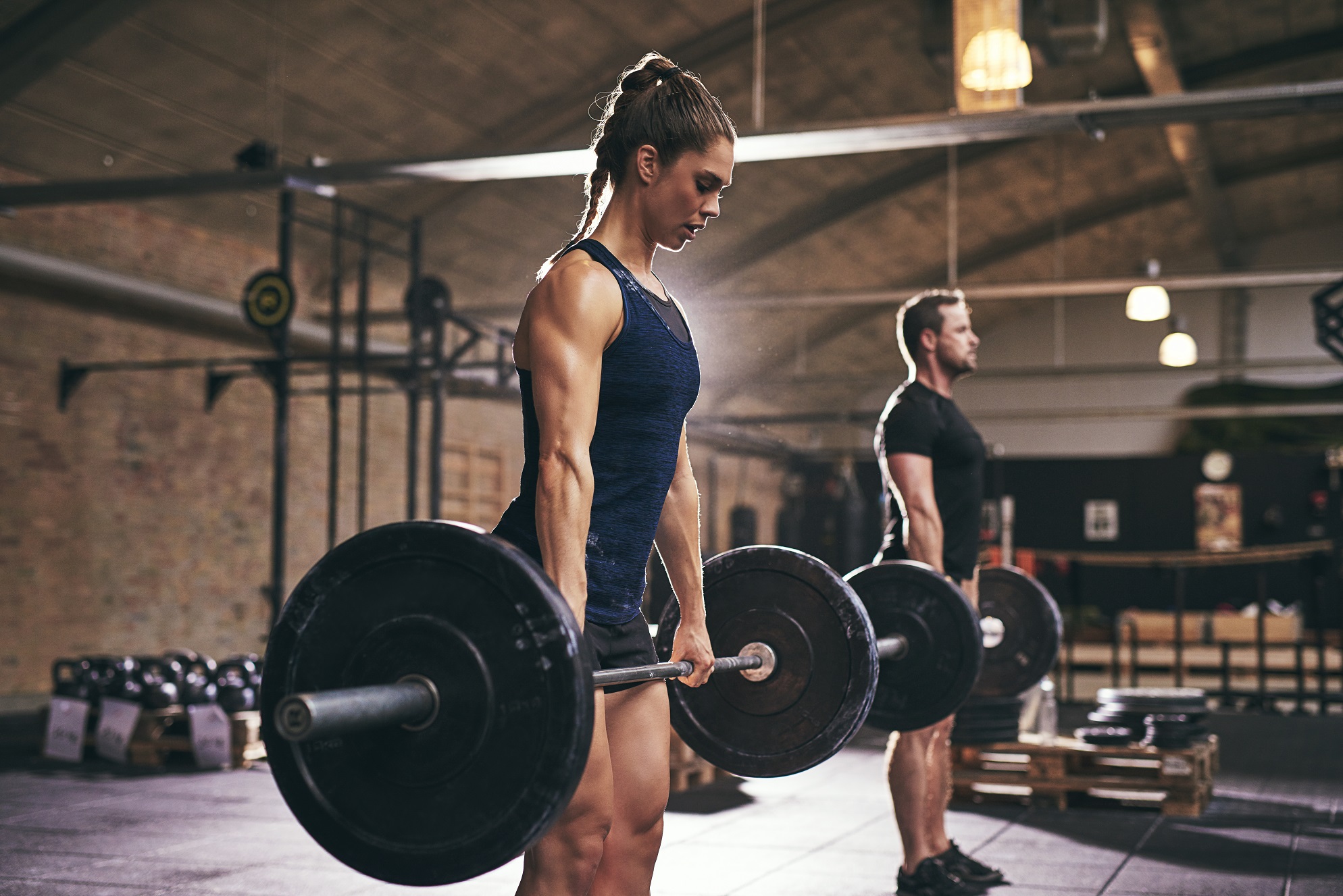Strength sports like weightlifting and powerlifting demand a unique approach to nutrition. Whether you're lifting for competition or personal goals, what you eat can significantly impact your performance and recovery. In this guide, we'll explore nutrition strategies that can help you maximize your strength potential.
Understanding Your Goals
1. Identify Your Objectives:
Are you training for powerlifting competitions, aiming to lift the heaviest weights possible in three specific lifts (squat, bench press, deadlift)? Or are you a weightlifter focused on the snatch and clean and jerk for explosive strength? Your goals will dictate your nutritional needs.
Macronutrients Matter
1. Protein:
Protein is crucial for muscle repair and growth. Aim for 1.6 to 2.2 grams of protein per kilogram of body weight daily. High-quality sources include lean meats, poultry, fish, dairy, and plant-based options like tofu and legumes.
2. Carbohydrates:
Carbs are your primary energy source. For strength athletes, complex carbohydrates like whole grains, oats, rice, and potatoes should make up a significant portion of your diet. Consuming enough carbs can prevent fatigue during training.
3. Fats:
Healthy fats support overall health and hormone production. Include sources like avocados, nuts, seeds, and olive oil in your diet. About 20-30% of your daily calories should come from fats.
Meal Timing
1. Pre-Workout:
Have a balanced meal 2-3 hours before training. Include carbs for energy and protein for muscle support. A small, easily digestible snack, like a banana or a protein bar, can work if you're training within an hour.
2. Post-Workout:
Recover with a meal rich in protein and carbs within 2 hours of training. This helps replenish glycogen stores and kickstarts muscle repair.
Supplements
1. Protein Supplements:
Whey protein, casein, or plant-based protein powders can help meet your daily protein requirements, especially if it's challenging to do so through whole foods alone.
2. Creatine:
Creatine monohydrate can enhance strength and power output. Take 3-5 grams per day for optimal results.
3. Branched-Chain Amino Acids (BCAAs):
BCAAs can support muscle recovery and reduce muscle soreness. Consider taking them around your workout sessions.
Hydration Matters
1. Stay Hydrated:
Dehydration can lead to decreased strength and performance. Drink water consistently throughout the day, and consider a sports drink with electrolytes during intense training sessions.
Remember, nutrition is highly individualized. What works for one lifter may not work for another. Experiment with different approaches, monitor your progress, and consult with a registered dietitian or nutritionist to develop a personalized nutrition plan that helps you reach your strength goals.
